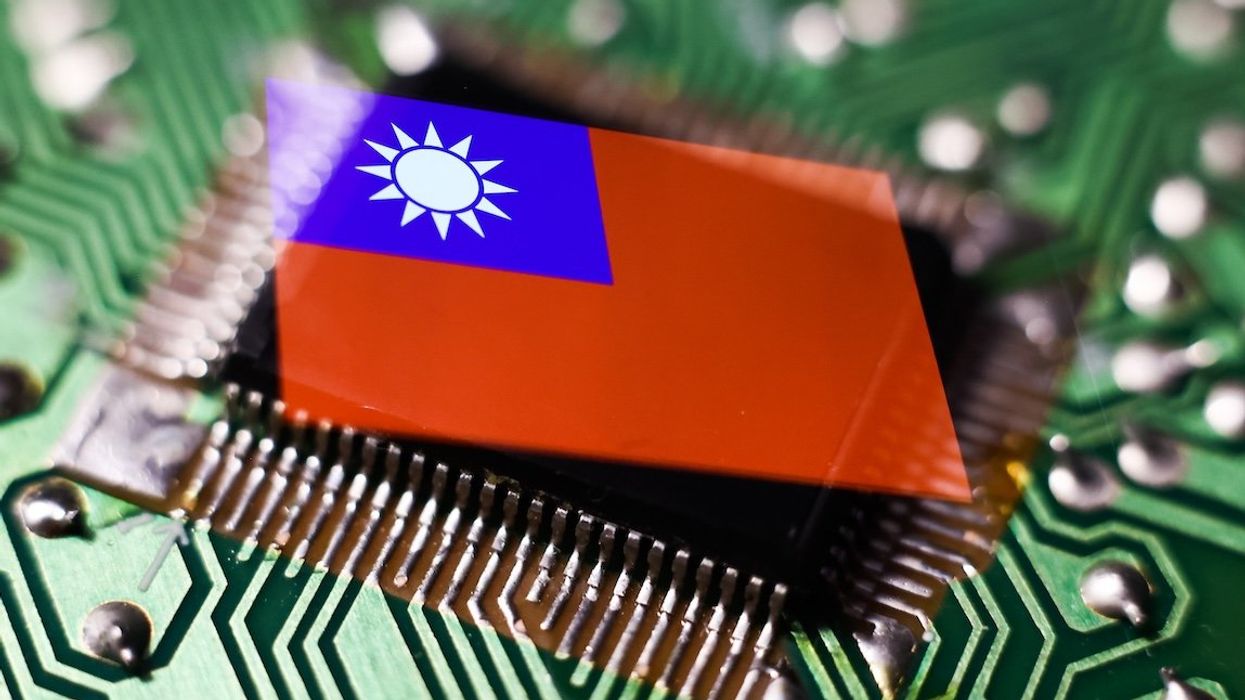GZERO AI
TSMC set to get its CHIPS money
The Biden administration finalized an agreement to pay Taiwan Semiconductor Manufacturing Company more than $11 billion in combined grants and loans meant to support the Taiwanese company’s chipmaking plans to build manufacturing facilities in the United States.
Nov 19, 2024



